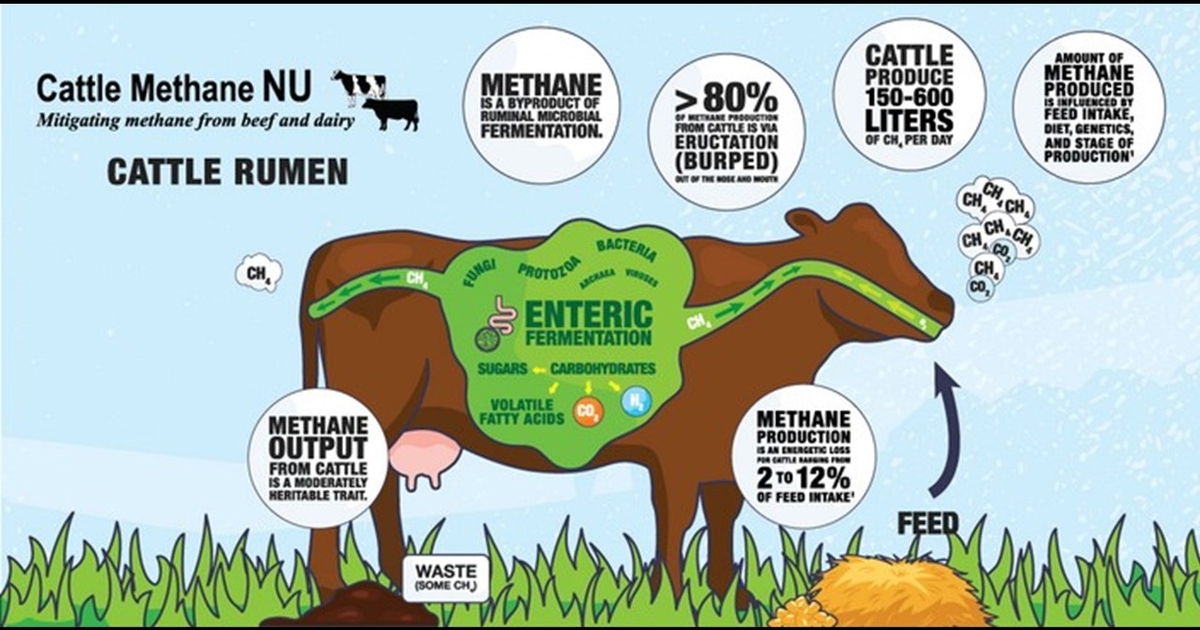Intake variation affects performance and feed efficiency of finishing beef cattle
Posted on October 9, 2024
Source: Farm Progress. The original article is posted here.

"This very interesting article describes evaluation of the relationships of daily individual animal variation in dry matter intake with overall feed intake, average daily gain, carcass characteristics, and feed conversion efficiency of finishing beef cattle,” says David Beede, PhD, editor in chief of Applied Animal Science. "The article illustrates and discusses the association found in the research between less variation in daily dry matter intake and more improved measures of production performance."
Daily dry matter intake data were compiled from three previously published experiments in which beef cattle were individually fed, and the day-to-day coefficient of variation and Euclidian distance were calculated for the dry matter intake of each animal. Researchers examined the correlations between the two assessment methods and production traits and efficiency indexes.
"The results indicate that day-to-day variation in dry matter intake is related to poorer production outcomes in finishing beef cattle for both assessment methods," says lead author Matthew Beck, PhD, Livestock Nutrient Management Research Unit, USDA-Agricultural Research Service, referring to the coefficient of variation and Euclidian distance assessments. However, Beck added that the outcomes that they are related to are not the same.
"It appears that day-to-day dry matter intake variability is more strongly related to energy partitioning between fat and lean tissue when assessed using the coefficient of variation method," says Beck, "whereas Euclidian distance is more strongly related to absolute reductions in empty body weight gain, independent of tissue type." Findings indicated that cattle with more improved production outcomes were associated with less day-to-day variation in dry matter intake.
Variation in dry matter intake tends to disappear when cattle are group fed; however, it has been suggested that individual variation is simply masked by their pen mates. Understanding how individual variation in dry matter intake influences performance and feed efficiency could provide evidence in favor of management practices that minimize individual variation.
Beck acknowledged that these results should be confirmed by future investigations. "These future studies should especially be done with cattle started on feed at lighter body weight and fed for a longer duration," says Beck. "It is possible that the associations measured here will not be as strong for cattle with longer days on feed."

.jpg?disable=upscale&width=1200&height=630&fit=crop)


